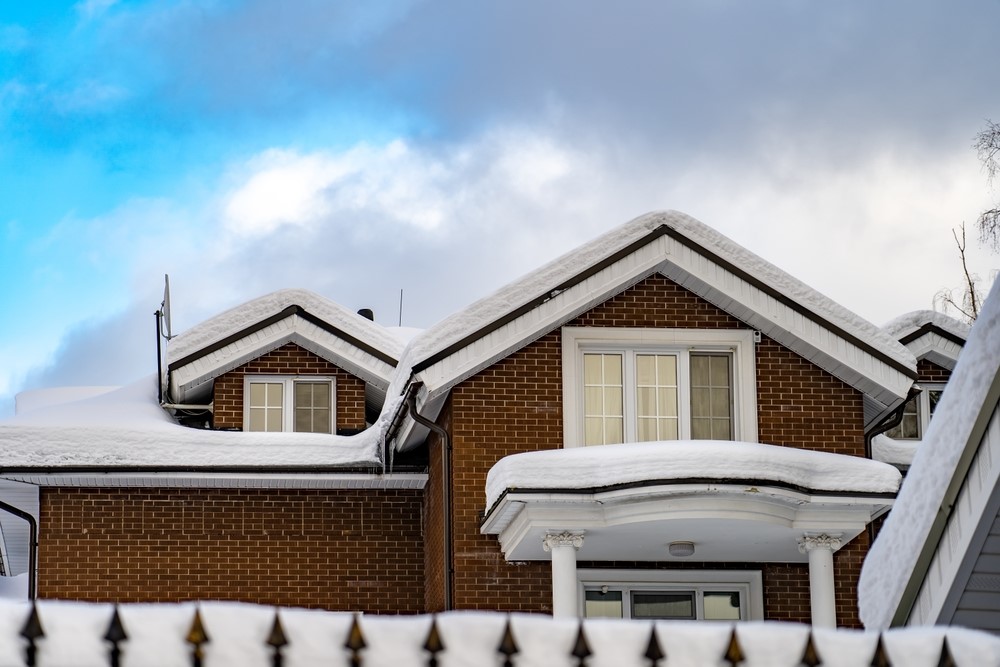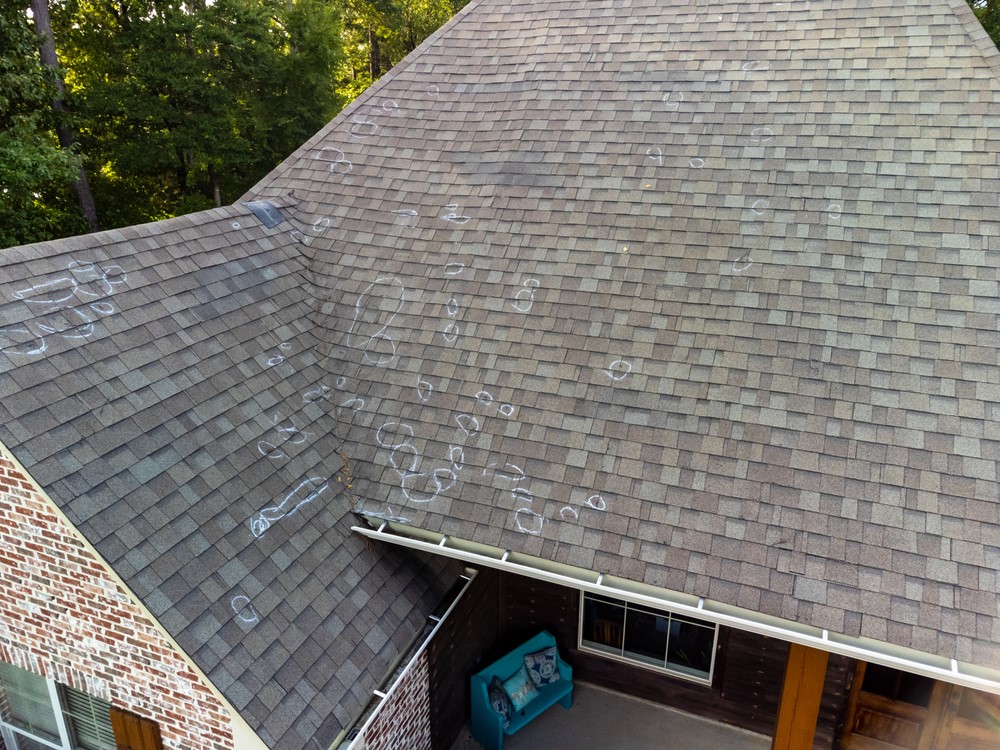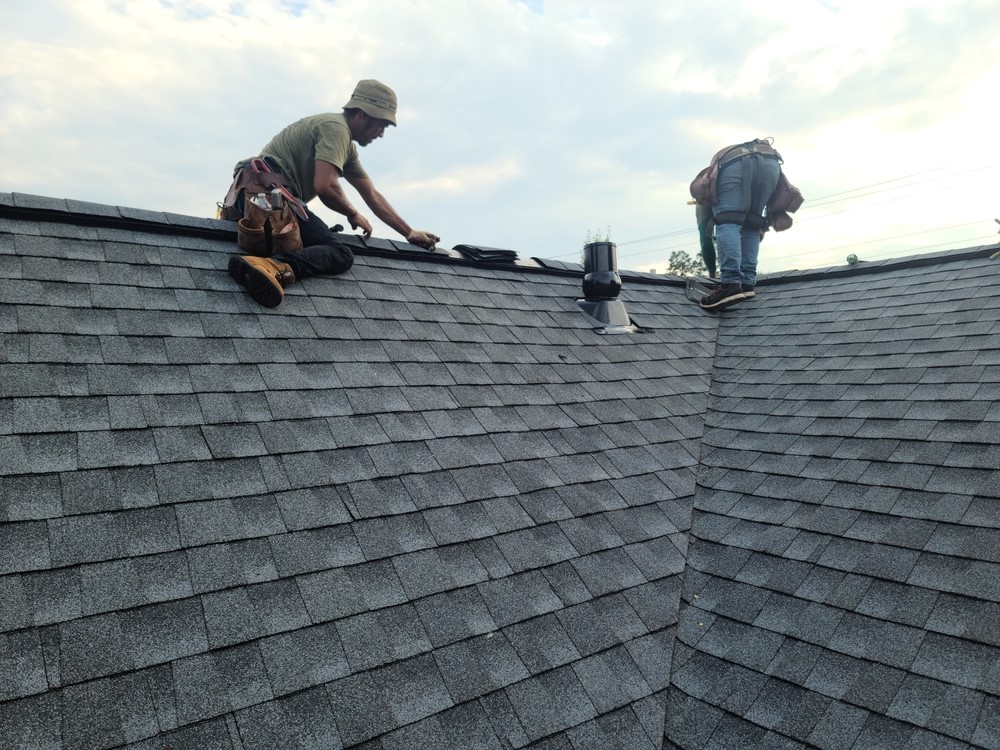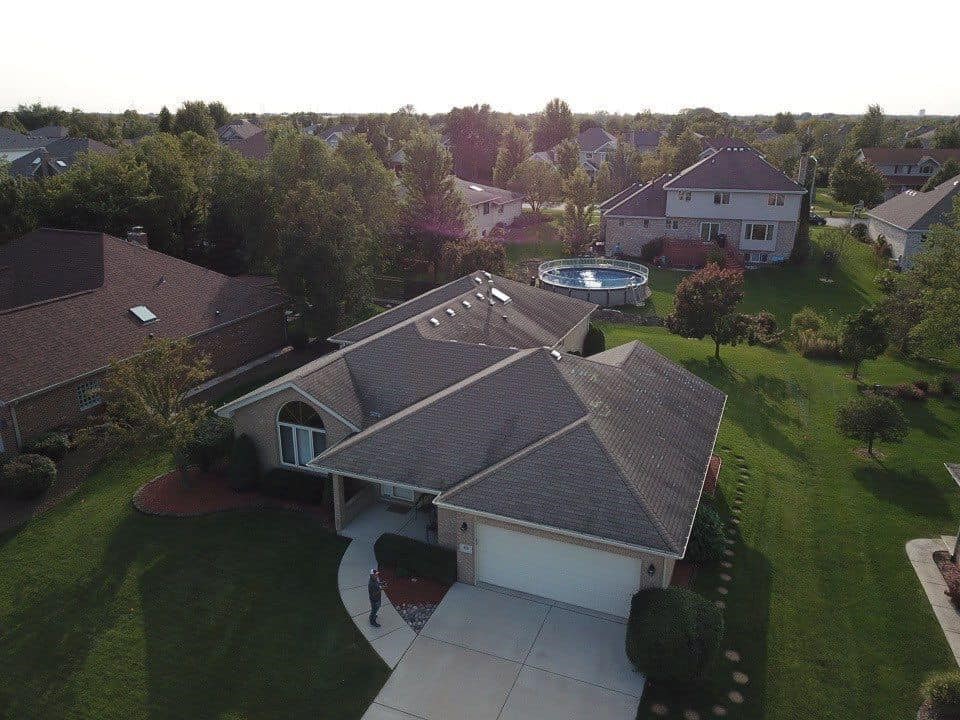Buying new windows for your home can be a stressful task. Not only will the selection you make determine the amount of natural lighting that comes into your home, but it will also impact your security and even your energy costs. There is a lot to keep in mind when it comes to choosing windows for your home. However, considering various factors can help make the selection process much easier for you.
Factors to Consider When Selecting Windows
When selecting windows for your home, it is important to consider all of the following factors to ensure you select the best option for your space.
1. What Is Your Budget?
There are several types of windows available to choose from for your home. Depending on the style that you are looking for, they can become quite costly very fast. This makes it important to establish a budget ahead of time to give yourself a better idea of the options that you can comfortably afford. Consulting with a window professional can help you better understand the types of windows and materials that will work best for your budget.
2. How Energy Efficient Is the Window?
Not only do windows play a vital role in letting light into your home, but they can also let hot and cold air out, which can end up costing you more money on your energy bills. With all of the advances in technology, there are now far more options available for energy-efficient window options. There are two measurements to consider when selecting the right windows for your space. These include
- U-factor: The U-factor is a number that indicates the thermal conductivity of the window, or how much hot air is able to escape in the cold months and how much cold air escapes during the warm months. This number will range between 0.2 and 1.25. Typically, the lower the number, the better insulation the window will have.
- Solar Heat Gain Coefficient (SHGC): This value is used to describe the amount of solar energy that is able to enter your home through the window. A lower SHGC number will block out more solar heat. If you want to let the sunlight heat up your home, consider choosing a higher number.
3. The Architecture of Your Home
The architecture of your home and any surrounding landscape can also help to influence the type of windows you choose. These factors will influence the overall look of the windows and their functionality once installed. Consider where the sun sets and rises over your home. For areas that are exposed to more direct sunlight, you may want to consider additional UV protection or a smaller window overall. If there are less-than-ideal views or areas that do not receive much sunlight, you may not want to consider paying a lot of money for picture windows.
4. The Frame Materials
There are several materials that can be used for the frames on your windows. These include fiberglass, aluminum, wood, or vinyl in most cases. There are also wood-clad and composite; however, they are not as popular. Various factors may influence the materials you choose. For example, it may not be ideal to place vinyl windows in areas that are exposed to a lot of sunlight. Additionally, you may not want to place wood frames in areas that have a lot of water or moisture. A window professional can help you better understand the type of window that is best suited for each location.
5. Safety
Many homeowners fail to consider that windows can pose safety risks. This is something you may want to consider if you have young children or you are planning on having any in the near future. Double-hung windows that open only from the top or windows that do not open at all may be the best choice to improve safety. This is especially true if your home has more than one floor. On lower levels, consider the type of windows that will work best to provide protection against break-ins.
6. How Many Panes Do You Prefer?
Deciding how many panels you want for your windows is a very big deal. Although there are single-pane windows available, this option is not too popular as they have a much higher risk of shattering and letting heat escape. Double-pane windows tend to be the standard on residential structures due to their comfort and energy efficiency.
7. What Type of Glazing Is Needed?
Having a low-emissivity (low-E) coating on your windows will allow light to enter your home while preventing heat from entering or escaping. This can help to reduce your energy costs and ensure a comfortable indoor temperature. Additionally, there are glazings available that can improve safety, limit noise, and even provide customization.
8. What Design Do You Prefer?
There are several design options available to choose from for windows. Each style may function differently and provide various benefits. Common options include:
- Double-Hung: These windows are made of two sashes that operate separately, enabling you to tilt the window open from both the top and the bottom.
- Single-Hung: This style has one sash that opens the bottom portion of the window while the top portion remains fixed and inoperable.
- Sliding Windows: These windows are made of one or more panels, which slide horizontally to open and close.
- Hopper Windows/Awning Windows: Hopper windows have hinges located at the bottom and open in an inward and downward motion. Alternatively, awning windows open upward and outward with a hinge at the top.
- Folding Window: This style is designed to fold down to open.
Get Professional Help With Your Windows Today
Selecting windows for your home may seem confusing, but our team at Canga Restoration can help to make the process less stressful. Our professionals have extensive experience installing windows for home and business owners across Chicago, IL, and can better help you understand the options available and which will work best for your space.
Subscribe to Canga Roofing's Blog










Comments